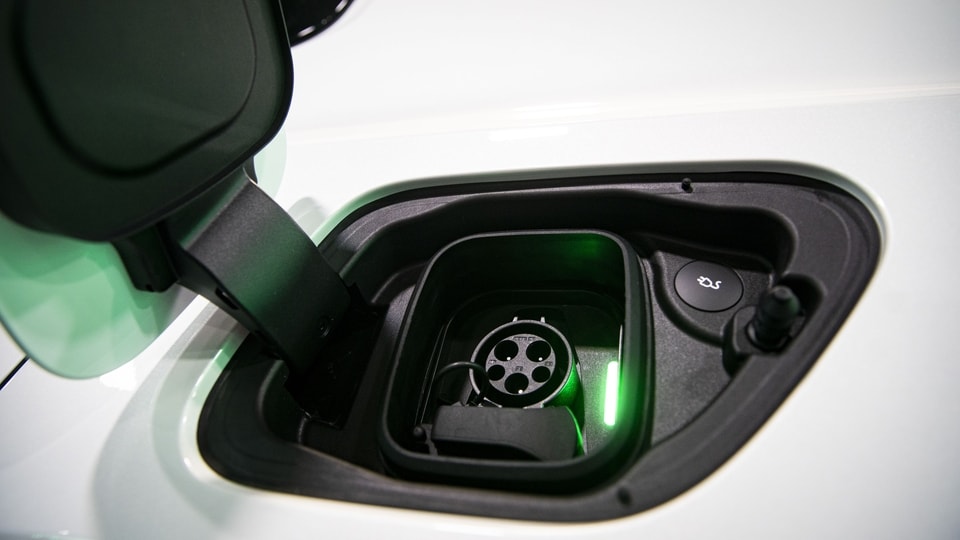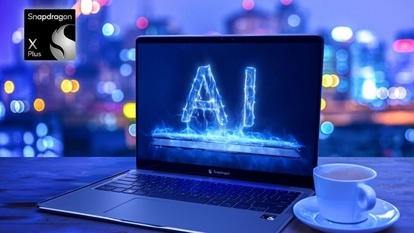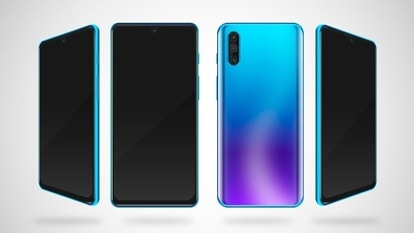Why sodium, the salt of the earth, is Mukesh Ambani led Reliance Industries big bet
Sodium-ion is not a bad choice for Reliance Industries chief Mukesh Ambani to kick off his power-storage gigafactory.

From smartphones to Tesla Inc. cars, lithium-ion batteries are everywhere. But when Asia's richest man went shopping in England with 100 million pounds ($136 million), he came back with humble sodium. Sodium-ion is not a bad choice for Reliance Industries chief Mukesh Ambani to kick off his power-storage gigafactory. For one thing, the earth's crust has 300 times more sodium than lithium. For another, the global adoption rate of electric vehicles is currently so high that not just lithium, but high-grade nickel, cobalt and practically everything else that goes into an EV battery, is getting scarce. BloombergNEF is predicting a five-fold jump in the hunger for metals used to make lithium-ion cells by 2030. For the first time in many years, battery packs may get more expensive in 2022.
Ambani's flagship Reliance Industries Ltd. is in the middle of an ambitious $76 billion clean-energy push. So, it makes sense for him to back a technology that's as cheap as traditional lead-acid batteries, and requires ingredients that are easy to source. His price-sensitive customers in India and other emerging markets won't mind having sodium ions running around between the anode and the cathode, as long as they don't have to forgo too much of lithium's performance in the bargain.
But will they? When it comes to energy density — the amount of electrical power that can be stored per unit of weight — Ambani is hoping the gap with lithium-ion will narrow, and that his money will play a role in bridging it. He's not just putting down 100 million pounds for Sheffield- and Oxford-based Faradion Ltd.; he is plowing an additional 25 million pounds to accelerate commercial roll-out by the company which employs 16 people full time and holds 31 patents. The technology will be used in Reliance's battery gigafactory in Jamnagar, Gujarat.
“If lithium is the only mainstream play, there simply isn't enough of it — cobalt is even rarer,” says Ashwin Kumaraswamy, a venture capitalist at the U.K-based Mercia asset management Plc and a co-founder of Faradion. “In sodium, we've barely scratched the surface.” The startup, which has been working exclusively on sodium-ion for a decade, claims to be already delivering 160-170 watt-hours per kilogram commercially, and expects to hit 200 watt-hours a kilo soon. That's more or less the density offered by the lithium-iron-phosphate cells in the made-in-China Tesla Model 3 Standard Range.
To put those numbers in perspective, when China's Contemporary Amperex Technology Co. Ltd. unveiled its sodium-ion cells last summer, the world's largest EV battery maker said its first-generation products would deliver 160 watt-hours per kilogram, and that a basic industrial supply chain would be ready by 2023. In other words, Ambani is not entering a game where the Chinese have already won the match.
Nor are there any other serious players waiting at home — at least not yet.
Battery gigafactories are mushrooming from Nevada to New York, Shanghai to Xian and Berlin to Budapest. But the second-most-populous nation has seen very little investment in the technology. Toshiba Corp., Suzuki Motor Corp. and Denso Corp. have joined hands to set up a $180 million lithium battery plant in Gujarat to supply Maruti Suzuki India Ltd., the country's biggest car manufacturer. In general, however, Indian automakers “do not seem to have any plans to produce batteries and will probably look to outsource” to independent manufacturers, according to a report by Kotak Institutional Equities, a Mumbai-based brokerage. “They seem to be following the same ‘assembler' strategy that has worked for them in the internal combustion engine vehicle space.”
That's good news for Ambani. At $300 million, the current EV storage market in the country may be tiny, but it won't always be so. When it comes to scooters, a popular mode of middle-class personal transport, government subsidies have already made electric vehicles more affordable than gasoline guzzlers. In 20 years, all two-wheeler and more than 70% of car sales will be EVs, and by 2052 battery demand will explode to $585 billion a year, in Kotak's estimates. The firm estimates the potential stock-market wealth creation from batteries in India at $1 trillion. By starting to invest when others aren't looking, Ambani can grab a big chunk of it.
It's almost a given that government policy would be supportive of Make in India storage. After all, if India ends up not producing its own batteries, the annual hard-currency savings from lowering its dependence on Middle East oil — 3%-to-4% of gross domestic product — could prove illusory. The country might just “go to importing batteries from importing crude oil,” Kotak's analysts write.
And this is just autos. At the COP26 climate summit in Glasgow, Prime Minister Narendra Modi's government vowed to meet 50% of the country's energy needs from non-fossil-fuel sources by 2030. To reach that goal, wind and solar power will also require storage. What's more, those batteries will need to be carried to remote places. Unlike lithium-ion, which is a known fire hazard, sodium-ion cells can be discharged to zero volts — making them less likely to explode in transit. Faradion's patent for this may give Reliance an advantage. Another of the Indian conglomerate's recent battery deals, a $50 million investment in Marlborough, Massachusetts-based Ambri Inc., may have a similar aim of developing expertise for safe, economical storage of large-scale renewable power by using calcium and antimony electrodes.
From New Delhi's national-security perspective, it will be crucial to sidestep China's control of lithium-ion, a result of the bigger economy's lock on raw materials, refining capacity, manufacturing and domestic demand. “The oil-producing nations' cartel held the world to ransom in the 1970s. In EVs, China is getting to the same point where it's developing market dominance,” says Faradion's Kumaraswamy.
Sodium, the salt of the earth, is unlikely to be the end of Ambani's ambition in batteries. But as a starting point, the technology has much to recommend it, both to him and India.
Catch all the Latest Tech News, Mobile News, Laptop News, Gaming news, Wearables News , How To News, also keep up with us on Whatsapp channel,Twitter, Facebook, Google News, and Instagram. For our latest videos, subscribe to our YouTube channel.


























